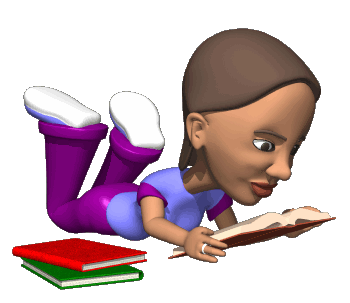- Lewiston-Porter Central School District
- Speech/Language Vocabulary
Speech/Language - Mrs. Cardwell
Page Navigation
-
Speech/Language Vocabulary

Speech and Language Delays/Disorders-The following are identified by Diane Paul-Brown, PhD, as problems associated with speech difficulties.
* Articulation-Difficulties producing the sounds in syllables or saying words incorrectly to the point that other people can't understand what's being said.
* Fluency-Problems such as stuttering, the condition in which the flow of speech is interrupted by abnormal stoppages, repetitions (st-st-st-stuttering), or prolonging sounds and syllables (sssssstuttering).
* Resonance or voice-Problems with the pitch (too high or too low), volume, or quality (hyper- or hypo-nasal, hoarse) of a child's voice that distract listeners from what's being said. These types of disorders may also cause harshness in speech production.
*Language-Receptive delays/disorders refer to difficulties understanding or processing language. Expressive delays/disorders include difficulties with verbal expression of language.
There are many subcategories of language difficulties:
- Semantics which relates to understanding the meaning of words, phrases and sentences; the ability to use words appropriately when speaking or the relationship between language and thought.
- Syntax is the ability to combine words in proper sequence to formulate sentences.
- Morphology is using proper grammatical markers, such as plurals, and verb tenses.
- Pragmatics is the use of language in social contexts, knowing what to say, how to say it, and how to "be" with others. It includes establishing and maintaining eye contact, turn-taking, topic maintenance, and the use of proper vocal inflections.
* Auditory Processing- This does not relate to how well a child hears but what a child does with what he hears. It includes memory, following directions, and comprehension of the message.
"Communication works for those who work at it"
John Powell
Last Modified on October 26, 2020

